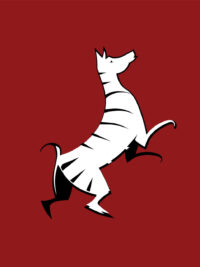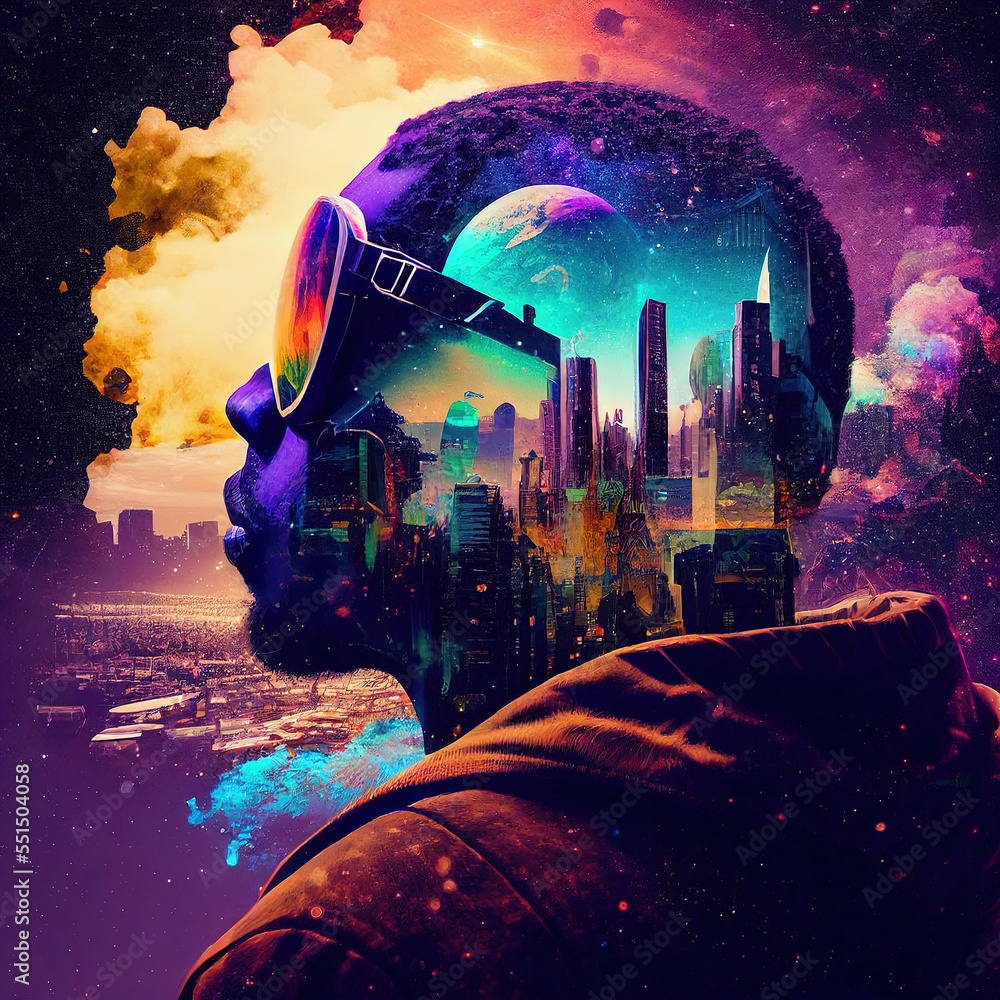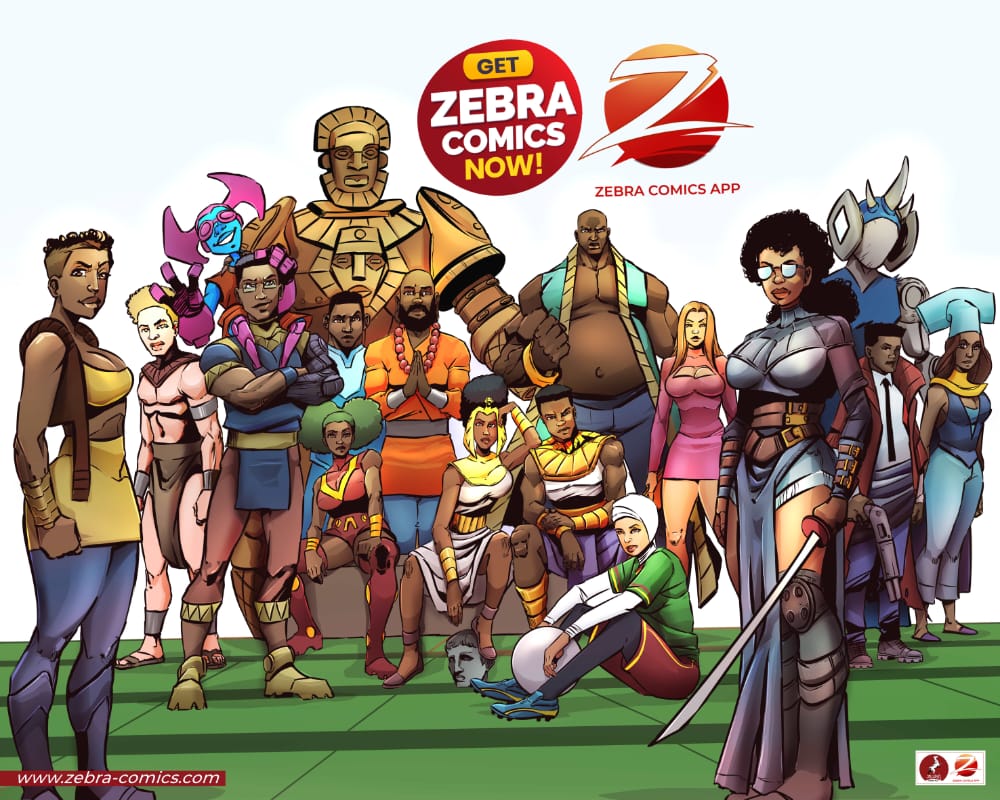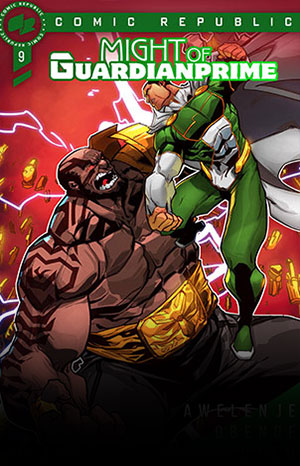Ok, let’s talk about politics. Irrespective of what part of the world you come from, politics is part and parcel of every society. From the beginning of time, till this day, politics have been key in shaping the history of nations and the lives of people. Usually viewed as an “unclean” practice, it is the basis of power, wellbeing and progress in every human society. Therefore, it is important and should be taken very seriously as it determines the course of life of people on this planet called earth.
So, what is politics? Well, politics is the art of governing a community or country. It is the process by which people make decisions about how they want to be governed. Politics is about power, and how it is used to make decisions that affect the lives of others.
Politics can be practiced at the domestic and international levels. Domestic politics is concerned with the government of a particular country. It includes issues such as the economy, healthcare, education, and social welfare.
International politics is concerned with the relations between countries. It includes issues such as war and peace, trade, and diplomacy.
Politics is a complex and ever-changing field. It is influenced by a variety of factors, including history, culture, economics, and technology. However, the key concepts in politics include:
Power. This is the ability to influence the behavior of others. It can be derived from a variety of sources, such as wealth, military strength, or social status.
Authority. This is the right to make decisions and to be obeyed. It is often based on the consent of the governed, but it can also be based on force or coercion.
Legitimacy. This is the belief that the government has the right to rule. It is based on the idea that the government is acting in the interests of the people.
Interest groups. These are organizations that represent the interests of particular groups of people. They lobby the government to try to influence public policy.
Public opinion. This is the collective views of the people on a particular issue. It can be used to gauge the level of support for a particular policy or to sway public opinion in a particular direction.
That said, one however wonders: what is the relationship between comics and politics?
Actually, comics have a long and storied history of political commentary. From the earliest days of the medium, creators have used their work to explore complex social and political issues.
One of the most famous examples of political commentary in comics is the character of Captain America. Created in 1941, Captain America was originally conceived as a symbol of American patriotism and resistance to fascism. His first appearance showed him punching Hitler in the face, and he quickly became a popular icon of the war effort.
In the years since, Captain America has continued to be a political character. He has been used to explore issues such as the Cold War, the Vietnam War, and the War on Terror. In recent years, he has also been used to address more contemporary issues, such as the Black Lives Matter movement and the rise of populism.
The role of politics in Comics

So, what role do politics actually play in comics? Well, the role of politics in comics is a complex and multifaceted one. On the one hand, comics can be used to promote a particular political agenda. For example, Captain America was originally created as a propaganda tool to promote American patriotism during World War II.
On the other hand, comics can also be used to explore political issues in a more nuanced and complex way. For example, Watchmen is a comic book that does not explicitly promote any particular political ideology. However, it does explore complex questions about power, authority, and the nature of good and evil.
Ultimately, the role of politics in comics is up to the individual creators and readers. Some people may enjoy comics that promote a particular political agenda, while others may prefer comics that explore political issues in a more complex and nuanced way.
So, which are some of the key comics which have politics in them? Of course, Captain America is not the only political comic book character. There are many other examples of characters and stories that have used comics to explore political themes. Some of the most notable include:
Maus by Art Spiegelman
Persepolis by Marjane Satrapi
Wonder Woman, who has been used to explore themes of feminism and female empowerment.
The X-Men, who have been used to explore issues of prejudice, discrimination, and civil rights.

These are just a few examples of the many ways in which politics has been explored in comics.
The Impact of Politics in Comics
The impact of politics in comics can be significant. Comics can be used to raise awareness of important issues, challenge the status quo, and inspire change.
For example, the X-Men comics have been credited with helping to raise awareness of the issue of prejudice and discrimination. The comics show how mutants are often persecuted and feared simply because they are different. This has helped to raise awareness of the real-world struggles of people who are discriminated against because of their race, religion , social status etc.
In addition, comics can be used to inspire change. For example, the graphic novel Watchmen is often credited with inspiring the creation of the superhero genre. The comics showed how superheroes could be used to explore complex questions about power, authority, and the nature of good and evil. This helped to inspire a new generation of creators who wanted to use comics to explore similar themes.

African Comics and Politics
As already stated, there is no place on earth where politics does not exist, and Africa is no exemption. Contrary to some opinions, Africans have always had complex political setups. From the time of chiefdoms and kingdoms, right to this day and age of democracy, the history and evolution of African societies have always depended on the political systems. African history itself is evidence of the importance of politics in the evolution of life on the continent.
This important place of politics in African affairs has been represented in African comics on many occasions. Given the current trail of political instability which has rattled the content for several decades after independence, African comics creators have spared no creative effort in showcasing this and highlighting the negative effects that it has on the continent’s evolution. As already mentioned, comics are a means through which strong messages can be vehicled to different strata of the society, so African comics creators have made use of it to comment and make suggestions for a better political status quo on the continent.
There are quite a few African comics which highlight the political landscape in Africa in a way that does not only educate, but equally changes mindsets on what was believed to be the political setup in Africa. Some of these comics include:
– LES DOGUES NOIRS DE L’EMPIRE: LA FORCE NOIRE by Massiré Tounkara and Christophe Cassiau Haurie
– HSHOUMA: CORPS ET SEXUALITE AU MAROC by Zainab Fasiky
– L’ODYSSÉE DE MONGOU, an adaptation of a novel by Pierre Sammy Mackfoy
– LA PAIN NU, an adaptation of a novel by Abdelaziz Mouride
–LE RETOUR AU PAYS D’ALPHONSE MADIBA DIT DAUDET by Christophe Ngalle Edimo, AL’MATA and Christophe Cassiau Haurie
– MALIKA: WARRIOR QUEEN by Roye Okupe
– LAKE OF TEARS by Kobe Ofei and Setor Fiadzigbey
– LE CAUCHEMAR D’OBI by Chino et Tenso Tenso and Jamonyqueso
– WRONG DIAL by Fensou Miles and Ayissi Jean
– TOTEM by Franklin Agogho and E.N. Ejob
This list is not exhaustive, however, it provides a great idea on what to look for if you are in search of African comics which talk about African politics.

Conclusion
Politics is a complex and ever-changing topic. Comics are a powerful medium that can be used to explore political themes in a variety of ways. Whether they are used to promote a particular political agenda or to explore complex questions about the nature of power, comics can have a significant impact on the way we think about the world.




